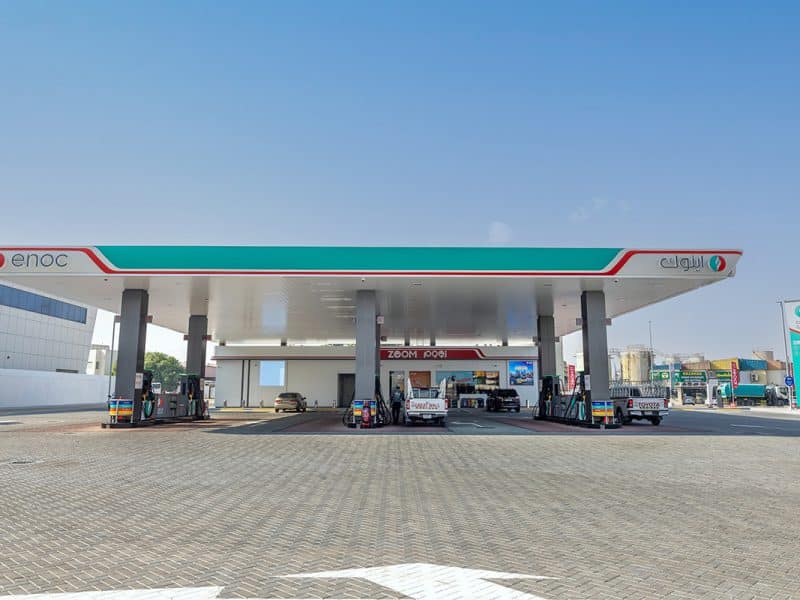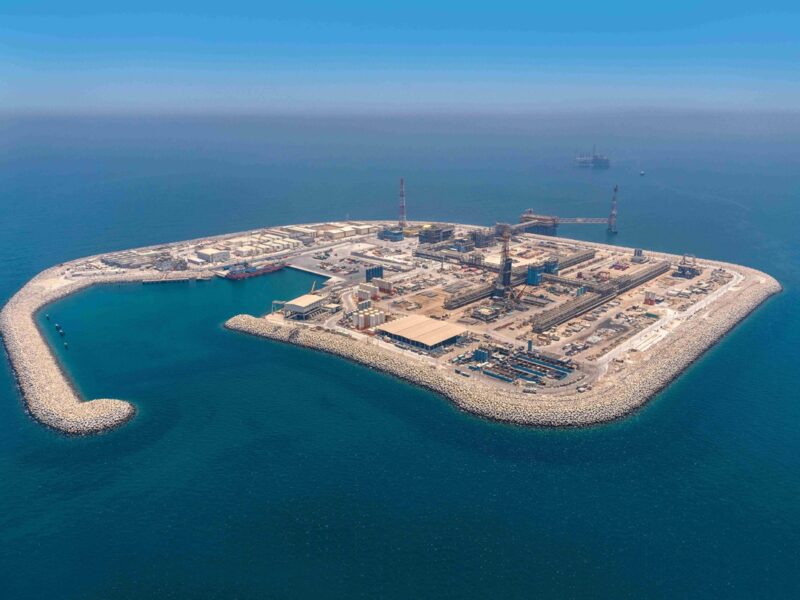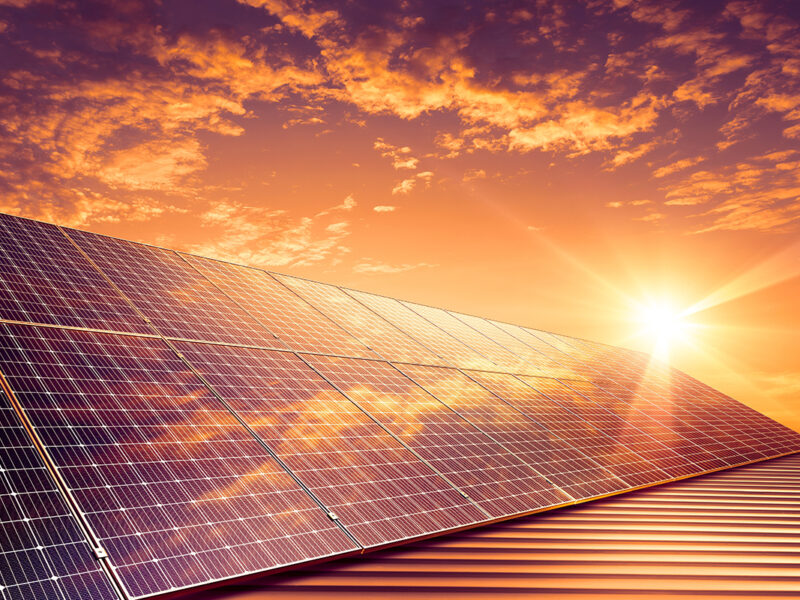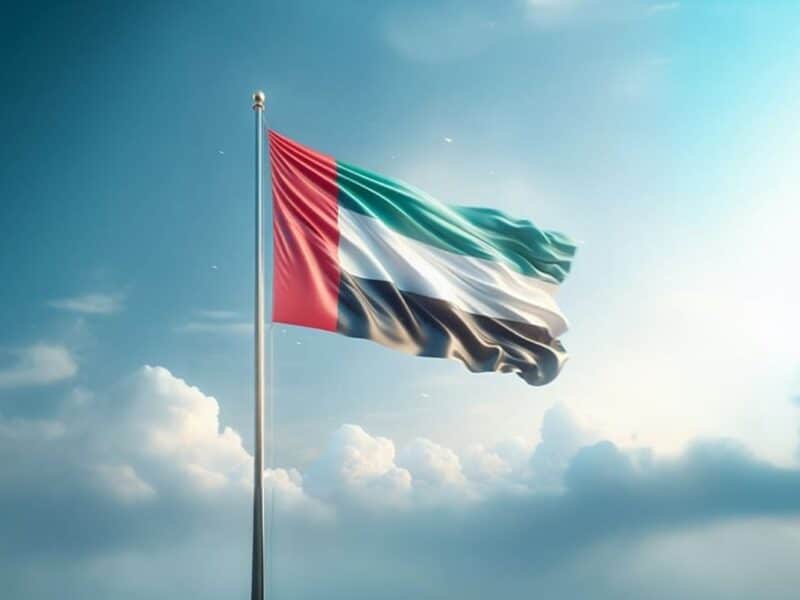The cost of generating power by capturing the sun’s energy will fall about 10 percent a year in the next decade until it equals the expense of producing electricity by burning fossil fuels, a BP Plc official said.
As conventional fuel prices rise and solar power falls, generation costs may reach parity in as little as five years for some fossil energy sources, Vahid Fotuhi, Middle East director of BP Solar, said at a conference in Abu Dhabi on Tuesday. Solar power costs about 20 cents a kilowatt-hour now, he said.
BP installed about 200 megawatts of solar capacity last year and aims to add 300 megawatts of that generation source this year, Fotuhi said. The company aims to pursue large-scale solar projects in the Middle East, he said.
Arabian Gulf states are boosting power supply to meet rising demand from growing populations as they aim to spur economic growth through investment. Saudi Arabia and the UAE are studying nuclear energy and setting targets for generation from renewable resources to diversify supply.
Saudi Arabia, the world’s largest crude oil exporter, may start projects to build 200 to 300 megawatts of solar generation capacity within the next few years, Fotuhi said.
The kingdom is one of the main markets in the Middle East where renewable energy projects may take off, said Steve Mercieca, associate director for Renewable Energy and Environmental Finance at Standard Chartered Plc in Dubai. Egypt is also set to grow as a renewable energy market due to its “insatiable appetite for power,” he said.
Several tenders to build plants with capacities of about 10 megawatts each will be announced in the Middle East and North Africa in the next year, said Sami Khoreibi, chief executive officer of Abu Dhabi-based Enviromena Power Systems. Enviromena built a 10 megawatt plant at Masdar, the renewable energy and low-carbon city project being built in Abu Dhabi.
Abu Dhabi, the largest emirate in the UAE and holder of most of its oil, is also building a 100-megawatt solar plant in the desert. The emirate has set a target of generating 7 percent of its power from renewable resources by 2020.
Energy subsidies that cut the cost of electricity and fuel for consumers in the Middle East help to increase usage by distorting the cost of power and choices in usage, Khoreibi said. Consumers in the Persian Gulf region pay only about a third of the real cost for power they buy now under subsidised prices, Fotuhi said.
Abu Dhabi residents are set to see the real price of electricity posted on their January bills, though they will still only be required to pay the subsidised price, The National reports Wednesday. The government, which pays 86 percent of the bill for UAE nationals in Abu Dhabi and 50 percent for foreigners, aims to entice residents to cut usage by showing the real cost of energy, the newspaper reported. (Bloomberg)









